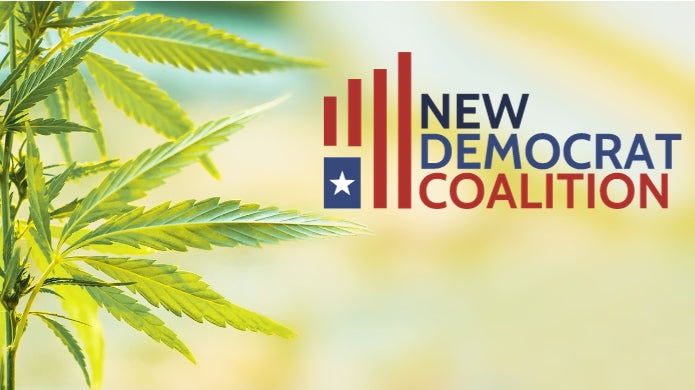The additional legislation aims to address THC levels in hemp-derived products but could ultimately decimate the state's massive CBD market.

The crackdown on the hemp industry continues to spread across the country like an out-of-control wildfire. The latest shot across the bow aimed at the beleaguered sector occurred this week in California, infamous for its real-life monster-sized fire outbreaks.
To rein in the primarily unregulated hemp industry in the nation's largest state, the California Department of Public Health is proposing an amendment to impose more restrictive limits on THC content in hemp-derived products. As first reported by Hemp Today, the additional measure would set a total THC limit of 0.001 milligrams per gram and restrict items containing cannabinoids from hemp to five servings per package.
If it were to go into effect, the amendment would essentially destroy the market for broad-spectrum and full-spectrum CBD products, according to critics of the proposed plan. One of the groups lobbying hard against it is the U.S. Hemp Roundtable (USHR), which said the legislation "would severely cripple, if not completely collapse, the state's hemp-derived cannabinoid market."
"(The proposed amendment) would severely cripple, if not completely collapse, the state's hemp-derived cannabinoid market."
- U.S. Hemp Roundtable
The USHR went even further, characterizing the Department's attempt to throttle the hemp market as "draconian," saying that large cannabis companies would be the only winners if the changes went into effect.
Assembly Bill 420, sponsored by State Assemblywoman Cecilia Aguiar-Curry, a long-time hemp industry supporter, is the planned destination for the proposed amendment. AB420 hopes to crack down on the handful of bad actors exploiting loopholes in the industry, particularly those associated with chemically synthesized cannabinoids, like delta-8 and delta-10 THC. In addition, the legislation would mandate out-of-state hemp food and beverage manufacturers to register their product offerings in California.
AB420 "would revise and recast the provisions with the Sherman Food, Drug, and Cosmetic Law, regulating industrial hemp to redefine certain terms, expand the prohibition that raw hemp extract not exceed 0.3% of a tetrahydrocannabinol comparable cannabinoid, and prohibit the manufacture, distribution, or sale of an industrial hemp product that contains a cannabinoid that is not present in nature in commercially meaningful quantities, unless authorized by the department in regulation."
The measure is a follow-on bill to Assembly Bill 45, which Aguiar-Curry also helped guide into law. That statute eliminated restrictions on the marketing and sales of cannabinoid-containing extracts, dietary supplements, food, beverages, cosmetics, and pet foods. AB 45 also called on California's Department of Cannabis Control to establish guidelines for incorporating cannabinoids derived from hemp into the state's marijuana supply chain.
Lawmakers, industry advocates and stakeholders agree that additional legislation is necessary to fix many of the health and safety issues surrounding the largely unregulated hemp sector. There is no place for manufacturers and retailers willing to jeopardize the well-being of consumers just to make an extra buck or two from easily correctable loopholes in the federal legislation that initially legalized hemp and its myriad by-products via the 2018 Farm Bill.
However, this new amendment is not the answer, according to USHR General Counsel Jonathan Miller. He contends that the 0.001 mg/g THC maximum proposed limits would cripple the hemp-based cannabinoid sector in California and eventually nationwide. Miller and the USHR strongly encourage market stakeholders to advise Aguiar-Curry to reject the amendment and search for other, more reasonable solutions to the industry's problems.
Ultimately, the proposed amendment and all of Aguiar-Curry's sponsored legislation could be rendered unnecessary if Congressional leaders fix the problems at the source by updating and bolstering the upcoming 2023 Farm Bill. Both sides of the political aisle are currently contemplating and wrestling with the makeup of the enormous agricultural and social equity spending bill.
The hope is to eradicate the blind spots causing the political and legal rancor plaguing the still young and burgeoning market. If they fail to do so, the hemp industry will be forced into a tricky corner, one that could severely hamper and compromise the promising and enticing economic juggernaut.




























